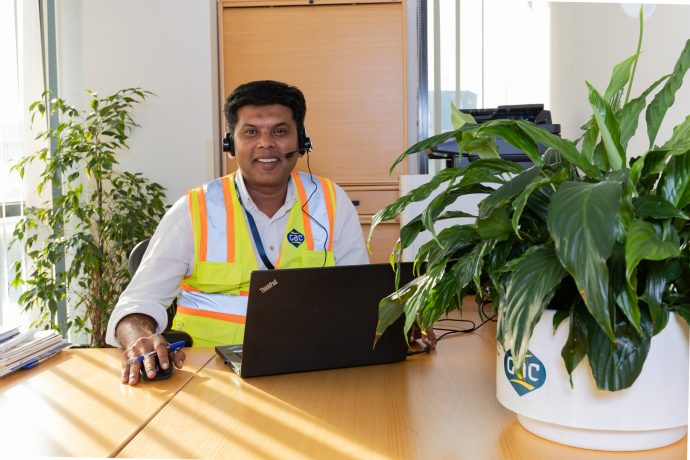Changing weather patterns, evolving environmental regulations and fluctuating fuel prices mean that Maritime players face a constant barrage of challenges: changing weather patterns; evolving environmental regulations; geopolitical instability and fluctuating fuel supplies and prices. But shipping is responsible for moving 80% of goods traded globally - slowing down simply isn’t an option.
That makes the shipping industry’s decarbonisation goals that much more challenging. Owners and operators are urgently seeking out greener fuel options or transforming their vessels to run on fuels that can reduce their carbon footprint.
One of the leading contenders to stake its claim as the fuel of the future is hydrogen. According to an article in the International Journal of Hydrogen Energy, it could be an ideal alternative fuel for commercial vessel operations thanks to its limited impact on cargo carrying capacity and the fact that its only by-product is water. But it is not quite so simple. The process to produce hydrogen still uses traditional fossil fuels, such as natural gas, somewhat taking the shine off its green credentials.
Surprising solution
One somewhat unexpected solution could be old soda cans.
Engineers at the Massachusetts Institute of Technology (MIT) have discovered that when the aluminium in cans is exposed in its pure form and mixed with seawater, it produces hydrogen. And that reaction can be accelerated by adding caffeine in the form of old coffee grounds.
Initially, the reaction between aluminium and seawater was slow to release the natural hydrogen. But researchers found that adding caffeine in the form of old coffee grounds produced the same amount of hydrogen in five minutes than it took using the caffeine-free solution two hours.
“This is very interesting for maritime applications… you wouldn’t have to carry around seawater - it’s readily available,” said study lead author Aly Kombargi, a PhD student in MIT’s Department of Mechanical Engineering. “We also don’t have to carry a tank of hydrogen. Instead, we would transport aluminum as the ‘fuel’ and just add water to produce the hydrogen that we need.”
There are, naturally, barriers that would prevent this from becoming the norm immediately for commercial cargo vessels, particularly related to the scaling-up needed to make hydrogen readily available. But there such innovative thinking could have real-world applications for the maritime sector.
The future of bunker fuels
Although traditional bunker fuels will continue to drive global shipping, the development of greener options is a must if the maritime industry is to meet its decarbonisation targets.

“Such research and innovation beyond the expected embody the innovative spirit and thought-processes needed to make hydrogen a commercially viable option for cargo vessels,” says Martyn McMahon, Global Director of GAC Bunker Fuels.
“We have long advocated for the use of alternative fuels as a way of accelerating the decarbonisation of the shipping industry. By building and maintaining key relationships with all involved in the supply chain, we can actively participate in this crucial global conversation. We can use our position as a leading provider of alternative fuels to advocate for the infrastructure needed to ensure their safe and smooth supply.”

As the development of new fuels like hydrogen takes shape, GAC Bunker Fuels continues to demonstrate it has the expertise, flexibility, and global footprint to support the critical logistics surrounding alternative marine fuels.